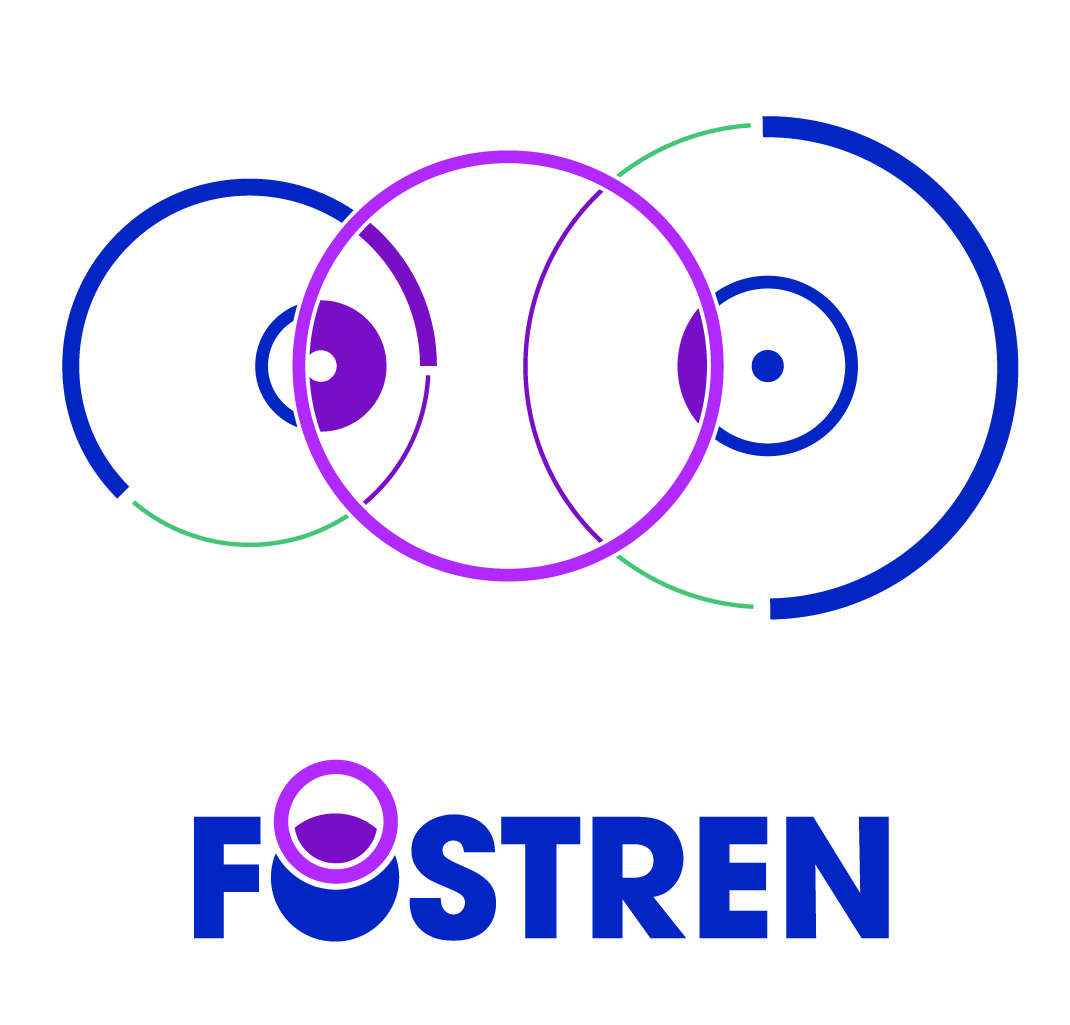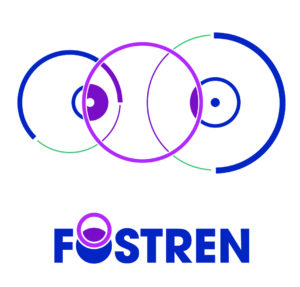Country blog Germany by Tilman Steinert
What is coercion and why does FOSTREN wants to reduce it
Coercion occurs in this context when a person receiving mental health care (i.e. a patient or service user) is compelled through physical force or threat to accept care or treatment against their will. It takes many forms in both community and hospital settings, comprising both legally constituted practices and informal strategies adopted by professionals and family and friends in crisis situations to manage violence, self-harm, suicide attempts, absconding and medication non-compliance. Its use varies widely across Europe. Many countries make extensive use of outpatient commitment, enforced medication and the option of compulsory admission to coercively manage patients in the community. Overt coercive measures within hospitals using physical force include enforced medication (‘rapid tranquillisation’), mechanical restraint and/or seclusion in a locked room.
Country blog Finland by Tella Lantta
What is your country’s stand on coercion reduction?
Like in many other countries, efforts have been made in Finland for years to reduce coercion in care. There have been some successful attempts1,2, but creating a sustainable change in a whole country is a challenge.
In Finland, formal coercion is defined based on the Finnish Mental Health Act (FINLEX 1116/1990).3 Limitations on patients’ fundamental rights are possible through compulsory admission and during involuntary hospital treatment and examination. During involuntary care, psychosurgical or other treatments that seriously affect the patient’s integrity (e.g. electroconvulsive therapy) may only be given with the written consent of an adult patient, unless it is question of a measure that is necessary to avert a danger to the patient’s life.

